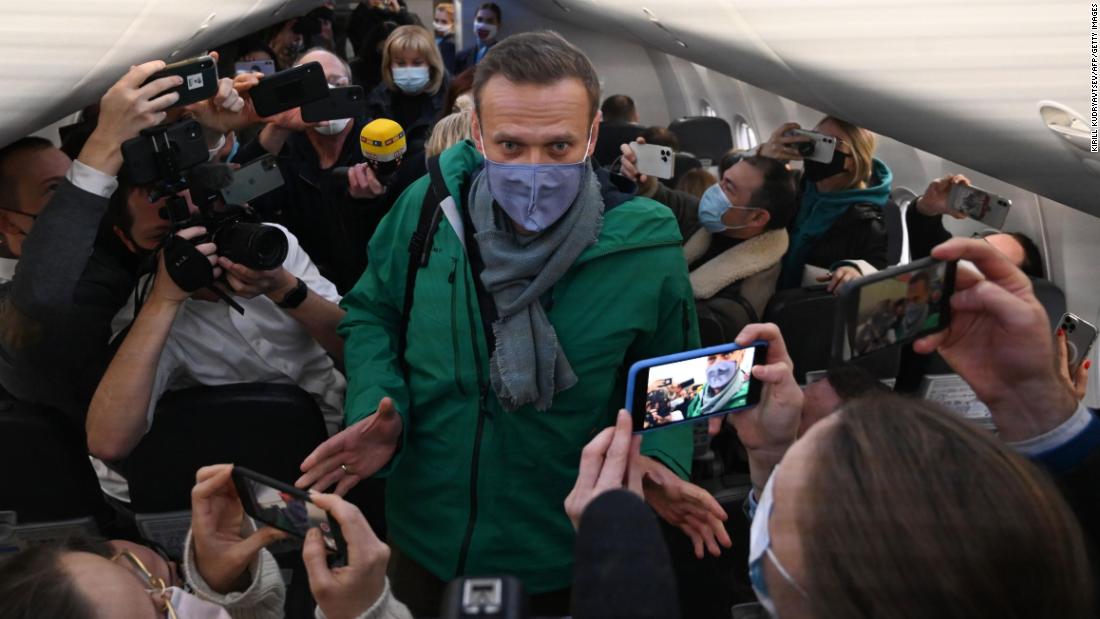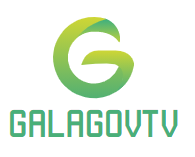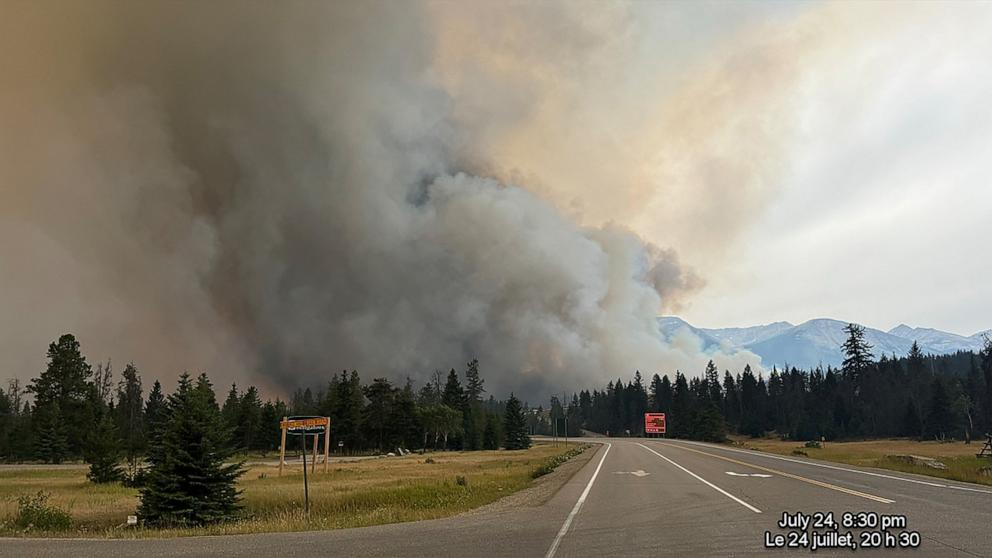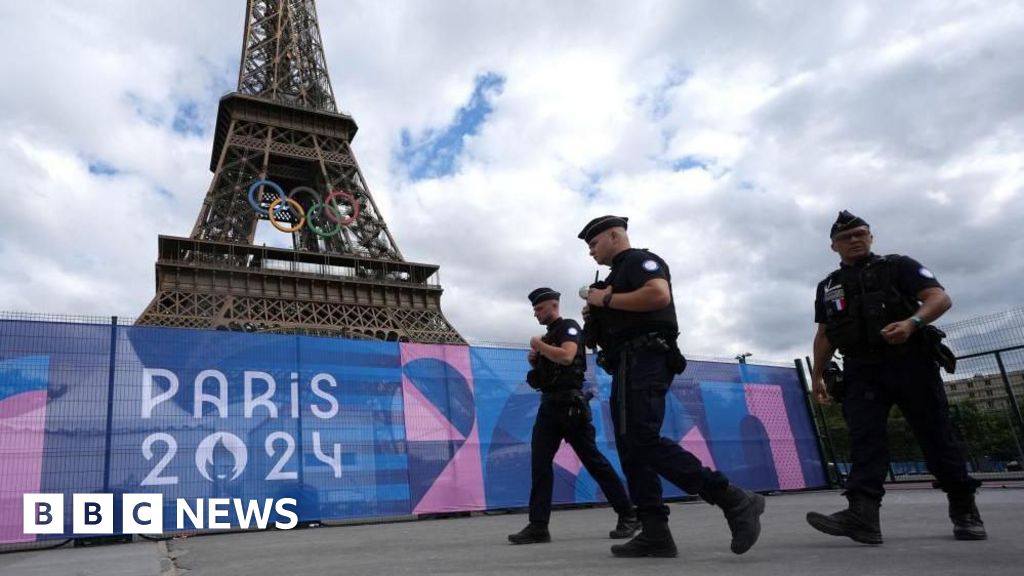
Russia’s two-and-a-half-hour Pobeda flight took off from Berlin-Brandenburg airport on Sunday afternoon and is scheduled to land in Vnukovo, Moscow, where riot police are seen pushing their supporters away from the entrance to the building where Navalny is scheduled to arrive.
A crowd of about 200 supporters and journalists gathered outside the airport in temperatures around -20 ° C (-4 ° F) before Navalny’s arrival, some of whom shouted “fascists” at the Russian police, forcing them to turn away. Navalny had told his supporters on social media on Wednesday, “Come see me” when he landed.
Russian media have broadcast pictures of police arresting a number of Navalny’s allies waiting for him at the airport, including politician and lawyer Lyubov Sobol and Ruslan Shavidinov, who works for the Navalny Anti-Corruption Foundation.
Navalny was transported to Germany five months ago in a coma after being poisoned with Novichok, a military-grade nerve gas that Russia had developed during the Soviet years. After an extraordinary recovery, he appears ready to return to his role as the thorn in President Vladimir Putin’s side, and it seems that he has not dissuaded him from his delicate throat with death.
Navalny thanked all the other passengers as he and his wife Julia Navalnia boarded the plane in Berlin, according to a live broadcast from TV Rhein.
“Thank you all, I hope we get there well,” Navalny said. “And I’m sure everything will be absolutely fine.”
The investigation also found that this unit, which includes chemical weapons experts, has followed Navalny on more than 30 trips to and from Moscow since 2017. Russia denies involvement in the poisoning of Navalny.
But many Western officials and Navalny himself openly blamed Russia.
Russian authorities responded quickly. The country’s prison authorities said on Thursday they were obligated to “take all measures to arrest” Navalny before the court session he is scheduled to attend.
It is unclear if they intended to arrest him upon landing or allow him to return home first.
In an Instagram post on Saturday, Navalny wrote a post thanking Germany, adding that Germans are “kind, sympathetic and friendly people.”
“Doctors and nurses. Physical therapists and police officers. Lots of policemen. Neighbors who called for a drink, who allowed us to rent. Politicians and lawyers, shopkeepers, journalists, prosecutors who interrogated me at requests from Russia. Coaches, teachers and even, once, a counselor. I had a wide circle of friends here. I can only say thank you very much to everyone. “
What happens after Navalny?
Navalny, who has been detained by Russian authorities several times, was placed on the country’s federal most wanted list during his time in Germany at the request of FSIN, which in December accused him of violating probation terms in a years-old fraud case. He refuses for political reasons.
Now FSIN claims that Navalny violated the terms of his suspended sentence by failing to show up to scheduled inspections.
FSIN requested that the court replace his suspended sentence with a real prison sentence. A hearing is scheduled for January 29, and if the request is met, Navalny will likely be imprisoned for 3.5 years.
In 2014, Navalny was convicted of fraud after he and his brother Oleg were accused of embezzling 30 million rubles ($ 540,000) from a Russian subsidiary of French cosmetics company Yves Rocher. While Navalny was sentenced to a suspended prison sentence, his brother was imprisoned.
If Navalny is not found guilty later in January, he will still face an investigation into a new fraud case, in which he and his anti-corruption foundation have been accused of misusing donations from his supporters. This would give authorities a choice in how to silence him – from being placed under house arrest before trial to staying for weeks in a detention center.
But political observers speculate on a whole host of possible scenarios, from immediate arrest to an arduous charade of legal threats and short-term detentions.
Abbas Galiyamov, a former Kremlin political advisor and speechwriter, said on Facebook that Navalny would be arrested “definitely.”
“Why am I so sure? Because by starting these legal cases, the Kremlin has created expectations within society,” Jalamov wrote. “If you step back from this now, everyone will see that it is a weakness, and most important of all, [Putin] You are afraid to do anything that is considered weak. “
Andrey Kolesnikov, a senior fellow at the Carnegie Center in Moscow, said in an interview with TV Rhein that Navalny can still be free, but he can be portrayed as a “trick man” in bed with the United States, interfering in Russia’s political affairs.
“This is [the Kremlin could] Start playing political games with him: Leave him free, make his life more difficult than before, and make him the target of constant attacks, a permanent body that will impose the line of the American administration or the CIA. “
Putin, who refuses to acknowledge Navalny as a legitimate opponent, described the intense media coverage and investigations into the poisoning as a fabrication by Western intelligence, and said in December that if the Russian security services had wanted to kill Navalny, they would “have finished.”
“The situation with Navalny is as if two trains are driving toward each other at full speed, and they are bound to collide,” said Tatiana Stanovaya, a visiting fellow at the Carnegie Center in Moscow. “There will be many victims.”
The attacks on Navalny’s allies have indeed continued. Photographer Pavel Zelensky was arrested with the Navalny Anti-Corruption Foundation on Friday and will be held until the end of February.
According to the Russian human rights organization Agora, Zelensky was accused of extremism due to tweets in September in which he blamed the government for the self-immolation of journalist Irina Slavina. Before committing suicide with her life, Slavina blamed Russian law enforcement authorities for their decision to sacrifice themselves.
CNN’s Claudia Otto and Fred Plettgen contributed to this report.

“Зомбі-євангеліст. Мислитель. Завзятий творець. Інтернет-фанат, що отримує нагороди. Невиліковний фанат”.





